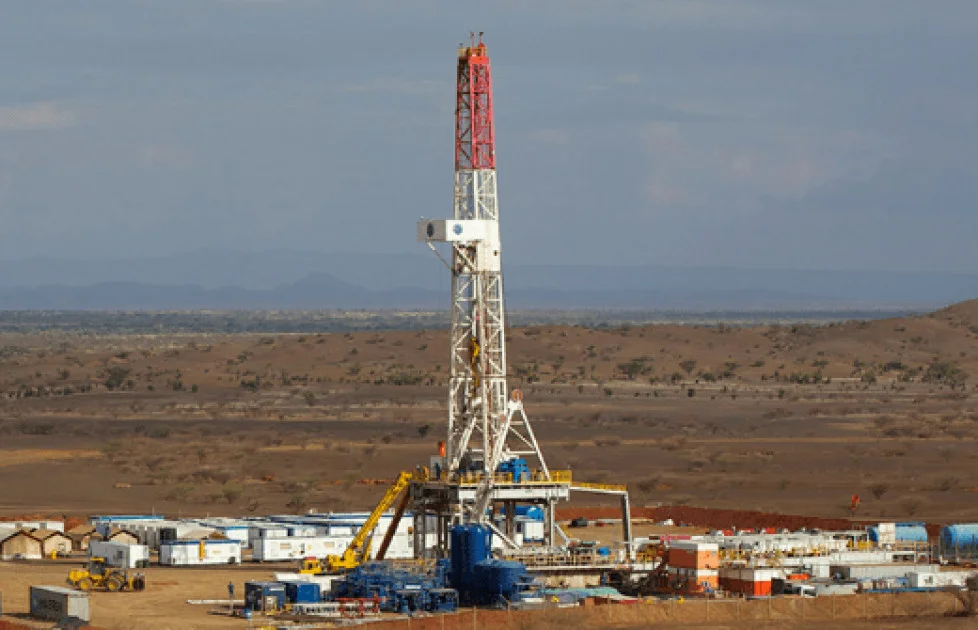The Energy & Petroleum Regulatory Authority (EPRA) has begun nationwide public consultations on seven draft petroleum regulations designed to govern upstream and midstream activity as Kenya prepares for commercial oil development in Turkana. The move which EPRA says aims to create clarity for investors while protecting communities and the environment comes as the government pushes to turn discoveries first made in 2012 into a viable industry.
EPRA Director-General Daniel Kiptoo told participants at recent forums in Nairobi that the draft rules are intended to prevent the kind of mismanagement and conflict seen in some other oil-producing African states. He noted that the authority is fast-tracking the regulations with a target to finalise them by November or December. The draft instruments are publicly available, and EPRA has invited written comments as part of the public participation process.
What’s Being Proposed
EPRA has unveiled a package of seven draft regulatory instruments covering upstream and midstream issues. These include environmental, health and safety requirements, licensing processes, local content, and cost-management measures.
The regulations seek to:
- Set operational standards for exploration and production.
- Strengthen oversight of midstream infrastructure.
- Spell out obligations for companies on environmental protection and community safeguards.
Also read: The Top 10 Challenges Facing Electric Vehicles in Kenya
The goal is to ensure oil development does not outpace Kenya’s governance capacity.
Why the Regulations Matter Now
Commercially viable oil was first announced in Kenya’s Lokichar basin in Turkana in 2012. Since then, progress toward full commercial production has been slow. Key barriers include the capital-intensive need for an export route to the coast, shifting investor commitments, and complex technical challenges.
This slow pace has left a regulatory vacuum that the new EPRA instruments aim to fill. Strong regulations can reduce investor uncertainty, set clear expectations for local participation, ensure environmental performance, and limit the risks of corruption or unilateral decision-making.
Ownership Changes and Infrastructure Hurdles
Recent commercial developments highlight the urgency of regulatory clarity. Major licence partners have at times exited or restructured their stakes in Kenya’s oil assets. Tullow Oil, the company that opened up the Lokichar rift basin, has sought to sell its Kenyan assets as part of a broader strategy to cut debt.
Investor confidence remains fragile, in part because critical export infrastructure remains unbuilt. The proposed heated pipeline to the coast, necessary to make Turkana oil economically viable, has faced delays, high costs, and political contestation. Without such infrastructure, Kenya’s oil finds risk being stranded.
Local Content, Cost Control and Community Protection
One of the strongest themes in the proposed regulations is local content. Foreign firms would be required to partner with Kenyan businesses and give priority to Kenyan goods and services in procurement. EPRA is also pushing for stricter cost oversight to prevent inflated project costs, which often eat into the revenues meant for governments and communities.
For Turkana, a region historically marginalized and heavily reliant on pastoralism, these provisions are critical. Communities expect to see tangible benefits in terms of jobs, local business opportunities, and infrastructure. Failure to deliver on these expectations could heighten local grievances.
Risk of Slipping Into the “Resource Curse”
EPRA officials have been blunt: Kenya must avoid the governance pitfalls that have plagued oil-rich countries such as Sudan and Nigeria. In those cases, weak oversight, poor revenue management, and exclusion of local communities fueled conflict, corruption, and underdevelopment.
Kenya’s challenge is to manage the sector transparently, create inclusive revenue-sharing mechanisms, and enforce environmental safeguards. Regulations that exist only on paper will not have enough implementation capacity and political will are equally important.
Local communities and civil society organizations have raised a set of clear demands. They want:
- Stronger environmental screening and monitoring.
- Transparent revenue-sharing mechanisms.
- Protection of land rights, especially for pastoralists.
- Local hiring guarantees tied to measurable timelines.
The public consultation process gives these voices a formal avenue to shape the draft regulations. The test will be whether EPRA and the government incorporate feedback in a meaningful way, rather than treating consultations as box-ticking exercises.
Investor Confidence vs Political Credibility
At the heart of the issue is a balancing act. Investors want predictable rules and a stable fiscal regime. Governments, on the other hand, want visible benefits and political credit for development.
Well-drafted, participatory regulations can help reconcile both sides: they assure firms that Kenya is serious about standards and predictability, while giving citizens legal tools to demand a fair share of benefits. But if regulations are rushed, watered down, or captured by elite interests, the outcome could be litigation, unrest, and capital flight.
EPRA has launched its comment window and is hosting consultative workshops across the country. The authority intends to conclude the regulation-making process by the end of the year.
Also read: Africa’s Solar Boom Eludes Nigeria as Import Ban Looms
Observers say there are three key things to watch in the final drafts:
- Local content and community provisions — Will they be enforceable and measurable, or left vague?
- Fiscal and cost-recovery rules — These determine how much revenue the state and communities actually receive.
- Implementation capacity — Without strong institutions and enforcement, regulations risk becoming empty promises.



